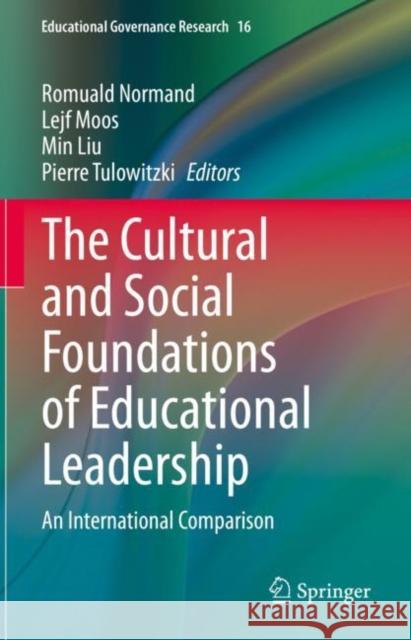The Cultural and Social Foundations of Educational Leadership: An International Comparison » książka
topmenu
The Cultural and Social Foundations of Educational Leadership: An International Comparison
ISBN-13: 9783030744960 / Angielski / Twarda / 2021 / 267 str.
The Cultural and Social Foundations of Educational Leadership: An International Comparison
ISBN-13: 9783030744960 / Angielski / Twarda / 2021 / 267 str.
cena 644,07
(netto: 613,40 VAT: 5%)
Najniższa cena z 30 dni: 616,85
(netto: 613,40 VAT: 5%)
Najniższa cena z 30 dni: 616,85
Termin realizacji zamówienia:
ok. 16-18 dni roboczych.
ok. 16-18 dni roboczych.
Darmowa dostawa!
Kategorie:
Kategorie BISAC:
Wydawca:
Springer
Seria wydawnicza:
Język:
Angielski
ISBN-13:
9783030744960
Rok wydania:
2021
Wydanie:
2021
Numer serii:
000480886
Ilość stron:
267
Waga:
0.63 kg
Wymiary:
23.88 x 19.56 x 2.03
Oprawa:
Twarda
Wolumenów:
01











